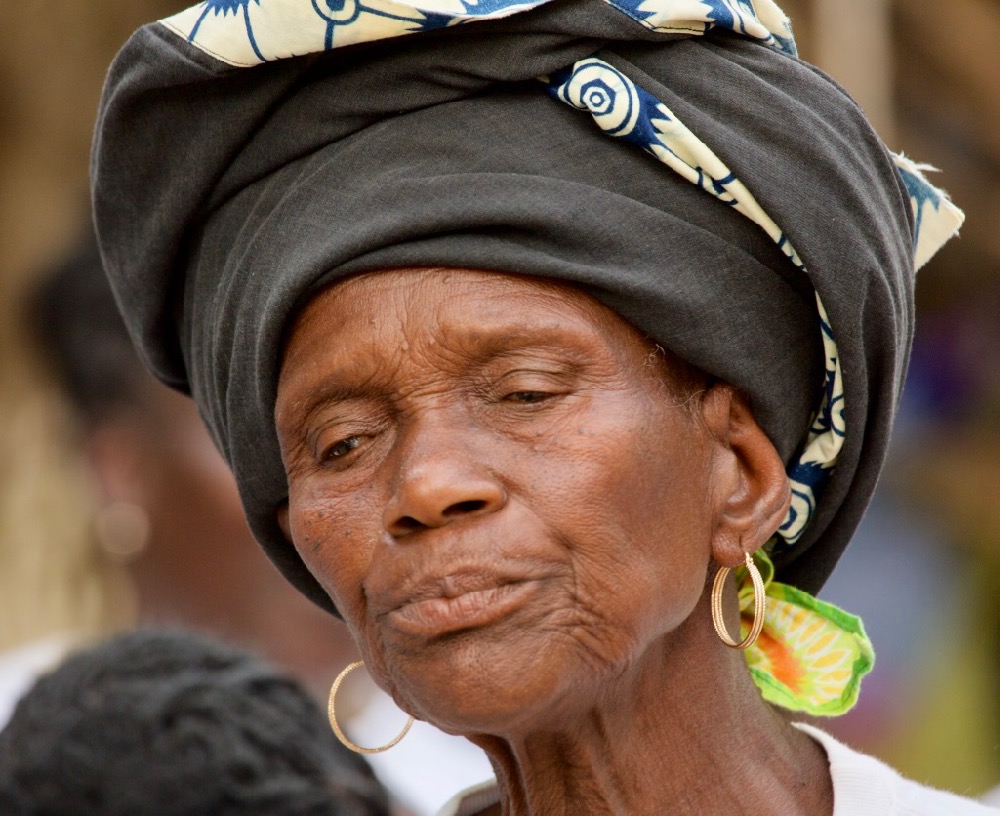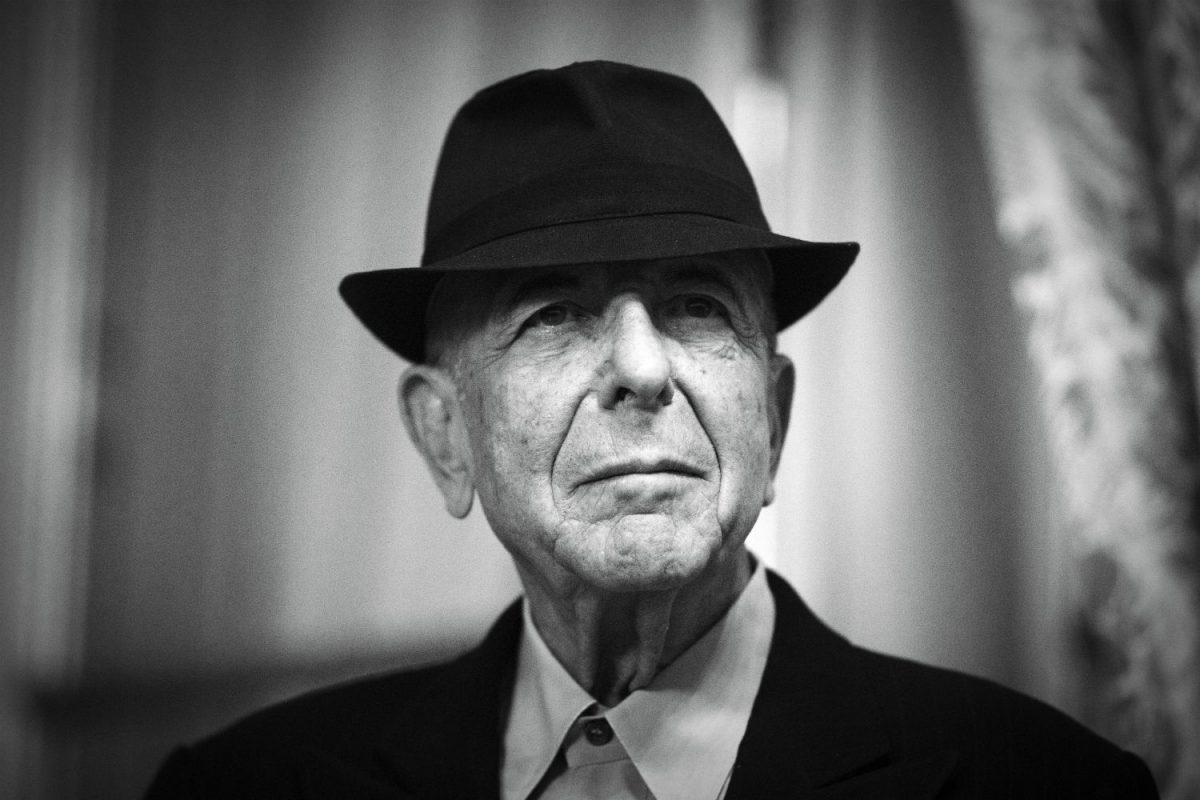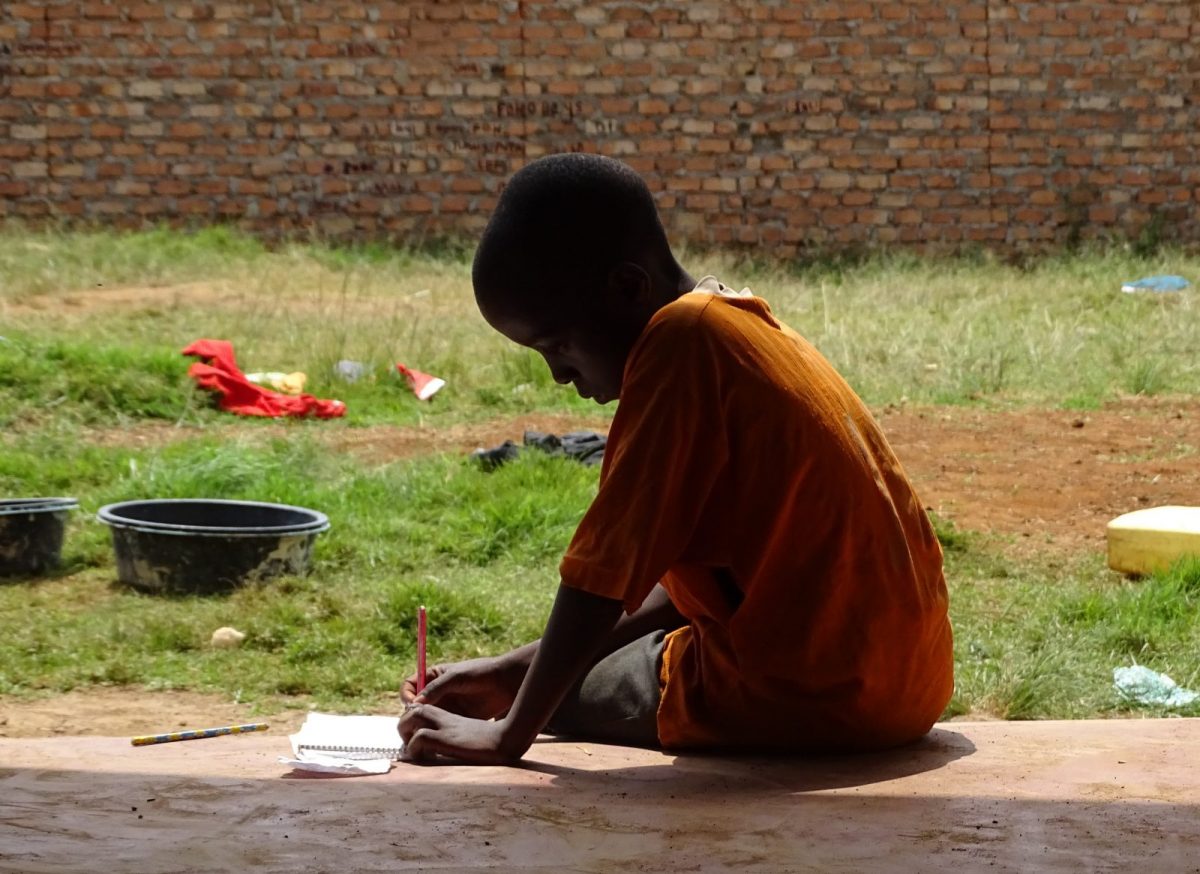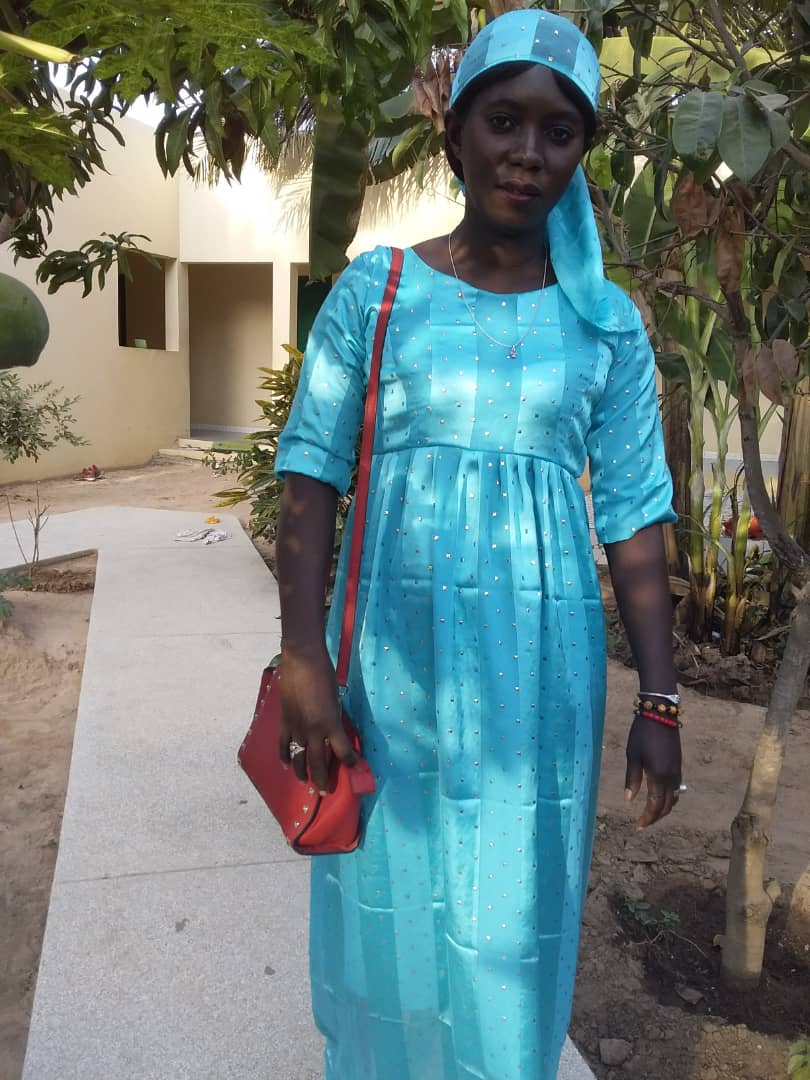Welcome, bienvenue!!
Greetings from UUEstrie, a liberal spiritual community that first gathered in the village of North Hatley back in 1886, as the First Universalist Church of North Hatley.
Salutations de l'UUEstrie, une communauté spirituelle libérale qui s'est rassemblée pour la première fois dans le village de North Hatley en 1886, sous le nom de Première Église Universaliste de North Hatley.
Join us Sundays at 10:30am for our weekly service.
Rejoignez-nous le dimanche à 10h30 pour notre service.

La voix la plus intelligente dans la salle africaine: comment la sécurité alimentaire et le changement climatique offrent une possibilité de renouvellement de l’environnement (si seulement nous apprenions à écouter les femmes). Dimanche 8 septembre à 10 h 30. Trois personnes de notre équipe de WaterforAfricanWomen.org vont raconter une récente réunion au cours de laquelle ils ont invité des experts en développement du monde entier à rencontrer les habitants de l’un des villages les moins bien desservis du Sénégal, en Afrique de l’Ouest. M. Douglas Coutts (retraité, Programme alimentaire mondial des Nations Unies pour l’Afrique) discutera comment la réponse des experts, en relation avec les commentaires d’une hilarante grand-mère-avec-attitude, est liée à la façon dont les indicateurs de la sécurité alimentaire vont dans le mauvais sens, pendant qu’une poignée de jardins de femmes explosent avec de la nourriture. Douglas sera accompagné d’une organisatrice de la communauté, Mme Awa Ba du Sénégal, et du fondateur et directeur exécutif de l’Eau pour les femmes africaines, M. Jonathon Ellison. Nous espérons encourager la discussion (WaterforAfricanWomen.org sera bientôt opérationnel).
~~~~~~~~~~~~~~
The Smartest Voice in the African Room: How food security and climate change offer a chance for environmental renewal (if only we learn how to listen to women). Three individuals from our team at WaterforAfricanWomen.org will recount a recent meeting where they invited development experts from around the world to meet with the residents of one of the most under-served villages in Senegal, West Africa. Mr. Douglas Coutts (retired, UN World Food Program for Africa) will comment on how the experts’ response, versus the comments of a hilarious-grandmother-with-attitude, is connected to how food security indicators are going in the wrong direction, while a handful of women’s gardens are exploding with food. Douglas will be joined by Senegalese community organizer Awa Ba and Water for African Women founder and executive director Jonathon Ellison. We are hoping to encourage discussion.(WaterforAfricanWomen.org will be up and running soon).

Everyone is invited to bring a little water and pour it into a large communal bowl and tell where it is from, or what it means to them, or whatever. Water will be available for those who fail or forget to bring some of their own. The Water Communion is a ritual that allows us to share the meaning of significant happenings that we have experienced.
~~~~~~~~~~~~~~~~~~~
Tout le monde est invité à apporter un peu d’eau et à la verser dans un grand bol commun et à dire d’où elle vient, ou ce que cela signifie pour eux, ou peu importe. L’eau sera disponible pour ceux qui échouent ou oublient d’apporter une partie de leur part. La communion de l’eau est un rituel qui nous permet de partager le sens d’événements significatifs que nous avons vécus.

Adrianna Mendrek is a professor of Psychology at Bishop’s University. She is very interested in human well-being and the healing effects of a variety of practices, such as, for example, dance therapy. She last spoke here some time ago on the beneficial effects of yoga.
~~~~~
Thérapie par la danse. Prof. Adrianna Mendrek. Le dimanche 15 septembre à 10 h 30. Adrianna Mendrek est professeure de psychologie à l’Université Bishop’s. Elle s’intéresse beaucoup au bien-être humain et aux effets curatifs de diverses pratiques, telles que la thérapie par la danse. Elle a parlé ici pour la dernière fois des effets bénéfiques du yoga. (en anglais)

We close our summer season with another picnic gathering, this time at the home of George and Tony Weller (email info@uuestrie.ca for the address). The Wellers are inviting both UUEstrie and First Parish Derby Line to gather together in the fine hall George has on the second floor of his airplane hangar.
~~~~~~~~~~~
Nous clôturons notre saison estivale par un autre pique-nique, cette fois-ci chez George et Tony Weller (email info@uuestrie.ca pour l’address) . Les Wellers invitent à la fois UUEstrie et First Parish Derby Line à se rassembler dans la belle salle que George a au deuxième étage de son hangar pour avions.
In several amendments to the Indian Act, the federal government reinforced the assimilation of Indigenous people by forbidding their cultural and spiritual ceremonies. Activities we see today at Native gatherings like smudging, Pipe ceremonies, sweats lodges, etc. were legally forbidden until 1951 when the federal restrictions were finally lifted. This PowerPoint presentation reviews these spiritual practices and questions why this attempt at cultural genocide was allowed to happen. (Service Leader: Gudrun Brand. Musician: Kevin Jensen. Refreshments: Hélène & Peter Cunningham.)
Paul-Conrad Carignan is a federally-recognized metis of Anishnabe (Algonquin) and Huron-Wendat heritage. He has been on the Red Road of learning and sharing his Indigenous heritage for over 25 years. A Franco-Ontarian by birth, he presently lives in the Eastern Townships.
~~~~~~~~~~
Dans plusieurs amendements à la Loi sur les Indiens, le gouvernement fédéral a renforcé l’assimilation des peuples autochtones en interdisant leurs cérémonies culturelles et spirituelles. Les activités que nous voyons aujourd’hui lors de rassemblements amérindiens, comme la purification, les cérémonies du calumet, les pavillons de sueurs, etc., étaient interdites par la loi jusqu’en 1951, date à laquelle les restrictions fédérales ont finalement été levées. Cette présentation PowerPoint examine ces pratiques spirituelles et s’interroge sur les raisons pour lesquelles cette tentative de génocide culturel a été autorisée. (en anglais)(Responsable du service : Gudrun Brand. Musicien : Kevin Jensen. Rafraîchissements : Hélène & Peter Cunningham.)
Paul-Conrad Carignan est un métis reconnu par le gouvernement fédéral, du patrimoine anishnabe (Algonquin) et huron-wendat. Il est sur le sentier rouge de l’apprentissage et du partage de son héritage autochtone depuis plus de 25 ans. Franco-ontarien de naissance, il vit actuellement dans les Cantons de l’Est.

A personal exploration of spiritual strands in music by Leonard Cohen, including some songs that are well-known, and some less well known. (Service Leader: Camille Bouskéla. Musician: Eric Akbar Manolson. Refreshments: Esther Saanum. Rachel Garber lived in Leonard Cohen’s neighbourhood from 1975 to 1985, and has lived in the vicinity of his music since then.
~~~~~~~~~~~~~~~~~~
Une exploration personnelle des aspects spirituels de la musique de Leonard Cohen, La musique de Leonard Cohen, y compris certaines chansons bien connues et d’autres moins connues. (en anglais) (Responsable du service :Camille Bouskéla. Musicien : Eric Akbar Manolson. Rafraîchissements : Esther Saanum.) Rachel Garber a vécu dans le quartier de Leonard Cohen de 1975 à 1985 et vit dans le voisinage de sa musique depuis ce temps.

American Pulitzer prize-winning poet, Mary Oliver, died this past winter. But her poetry lives on and on. Gabriella Brand, a poet herself, speaks about Mary Oliver’s life, her popularity with Unitarian Universalists, and her relevance to our spiritual, material, and ecological well-being.
Gabriella is a regular summer resident of North Hatley where she likes to canoe on the lake and leads a summer writing workshop, among other things.

We welcome back to our pulpit, Barbara Birks Wybar, who first addressed our congregation in 2016. She is the Founder and Director of The Bududa Learning Center in eastern Uganda. The Centre is made up of three components: the Vocational Academy, the Children of Bududa and the Bududa Women’s Development Group. Barbara will speak of the great strides that are being made at the Center and will share with us how this unique experience has touched and changed her.
~~~~~~~~~~~~~~~~~~~~~~~~~~~
Barbara Birks Wybar est la fondatrice et directrice du Centre d’apprentissage Bududa dans l’est de l’Ouganda. Le Centre comprend trois composantes : l’Académie de la formation professionnelle, les enfants de Bududa et le Groupe de développement des femmes Bududa. Barbara parlera des grandes avancées réalisées au Centre et nous racontera comment cette expérience unique l’a touchée et transformée. Elle nous a parlé pour la première fois en 2016. (en anglais) Responsable du service: Joey Marosi.

Ms. Awa Ba, from la Casamance, Senegal, is one of our community organizers helping to train women at the village level. She has just arrived in Canada to receive more training in organic agriculture over the next 3 months. Awa’s talk in French, and translated, will describe how rural women are able to achieve their own economic independence only through a better understanding on our part of the many barriers they face. This understanding then opens the garden door where Food Security, Water, Solar Energy and little boys learning to respect little girls, can combine to create sustainable change. (bilingual) Awa’s talk will be followed by a brief update about Water for Woman by Jonathon Ellison.
~~~~~~~~~~~~
Mme Awa Ba, de la Casamance au Sénégal, est l’une de nos organisatrices communautaires qui aide à former les femmes au niveau des villages. Elle vient d’arriver au Canada pour recevoir plus de formation en agriculture biologique au cours des trois prochains mois. L’exposé d’Awa en français, traduit, expliquera comment les femmes rurales ne peuvent accéder à leur propre indépendance économique que si nous comprenons mieux les nombreux obstacles auxquels elles sont confrontés. Cette compréhension ouvre ensuite la porte du jardin où la sécurité alimentaire, l’eau, l’énergie solaire et les petits garçons apprenant à respecter les petites filles peuvent se combiner pour créer un changement durable. (bilingue) L’exposé d’Awa sera suivi d’une brève mise à jour par Jonathon Ellison sur Water for Woman.


Our annual beginning-of-summer church picnic will take place at the home of Ryan Frizzell and Crystle Reid, which is in Val Joli, near Windsor QC. We shall gather at 11 am for a circle service near their pond. Email info@uuestrie.ca for the address or directions. Bring your own picnic or something to share with everybody. Friends and visitors are most welcome.










